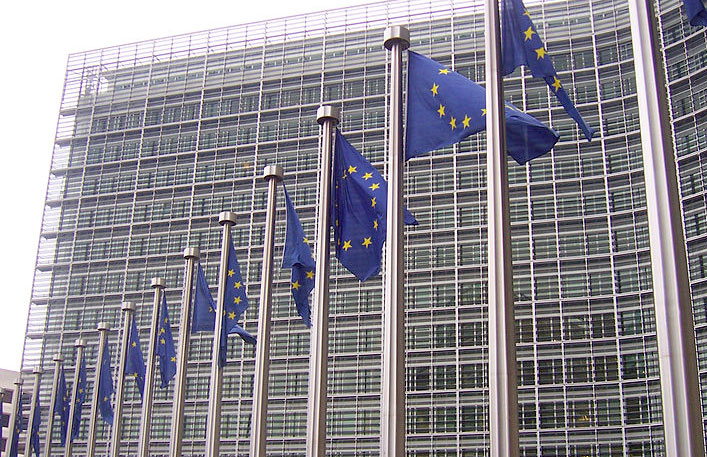
A report calling on the European Union (EU) to lead the world in using science to improve agricultural productivity and enhance the environment is to be launched in Brussels, tomorrow.
The Planting the Future report, compiled by the European Academies Science Advisory Council (EASAC), will be presented to the EU by the UK member of the EASAC working group Professor Ian Crute, Chief Scientist at the Agriculture and Horticulture Development Board (AHDB).
Describing the potential benefits of crop genetic improvement technologies as ‘very significant’, the report will point to the prospects for improving agricultural productivity and efficiency, environmental quality and human health. It will recommend that capturing these benefits in agricultural innovation should be a matter for the urgent attention of EU policy-makers.
The report will call for a change in Europe’s regulatory framework, for it to emphasise the trait and product more than the technology, taking account of the extensive experience and good practice gained in regulating genetically modified (GM) crops outside the EU. Greater commitment must be given to assessing the benefits, rather than focusing chiefly on potential risk and uncertainty.
“The European Commission needs to take a lead in discussions with Member States to reaffirm the cardinal principle that regulatory decisions and their implementation must be based on science,” Professor Crute will quote from the report.
“The production of more food, more sustainably, requires the development of crops that can make better use of limited resources,” he will add.
“Agricultural innovation can capitalise on the rapid pace of advance in functional genomics research and it is unwise to exclude any technology for ideological reasons. Sustainable agricultural production and food security must harness the potential of biotechnology in all its facets.”
The report will stress the EU is falling behind new international competitors in agricultural innovation and this has implications for EU goals for science and innovation and the environment as well as for agriculture.
In a speech given at Rothamsted Research, last week, Defra Secretary Owen Paterson outlined the case for GM crops, saying: “We must find a way to allow fair market access for products which have undergone a rigorous case by case safety assessment.”
